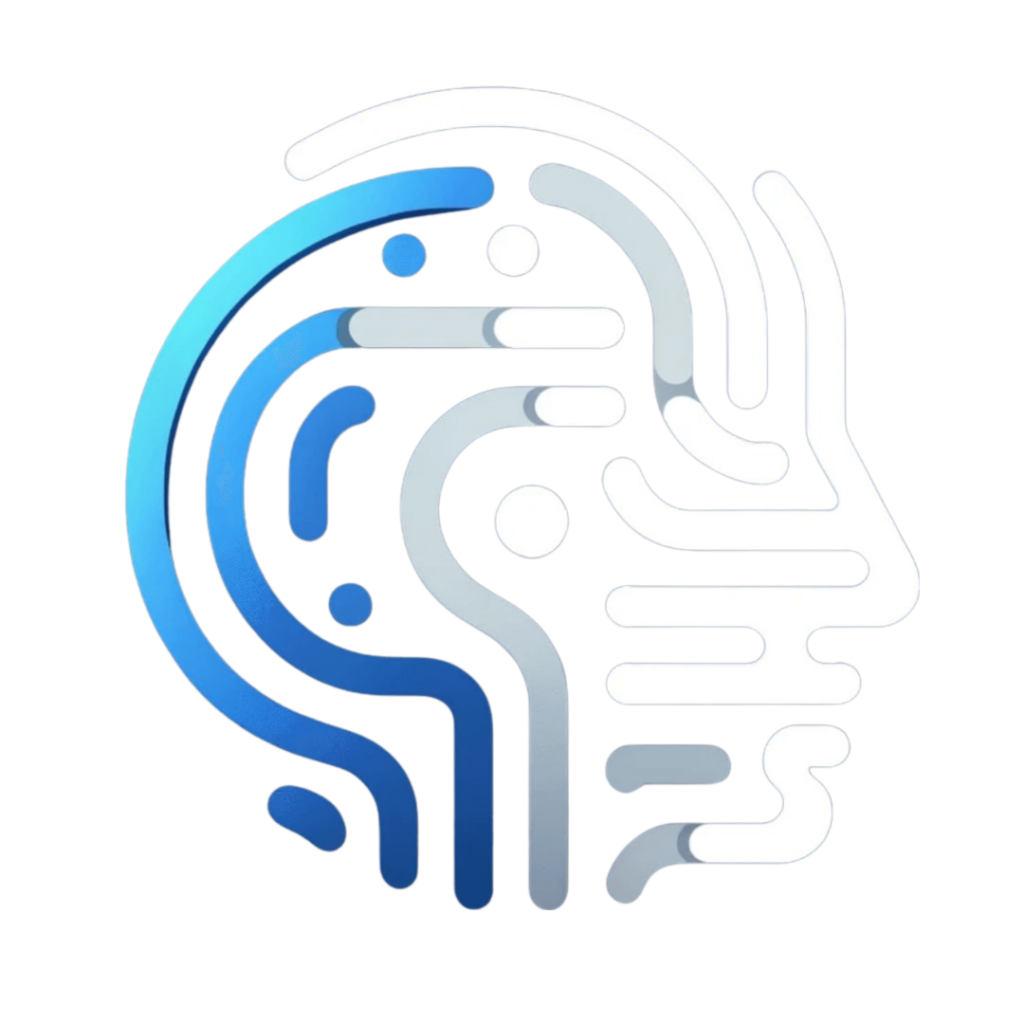In this new world, creativity merges seamlessly with technology, and the written word is not just a human initiative but a symphony of human-machine collaboration. This vision is fast becoming a reality as artificial intelligence (AI) makes inroads into industries once solely the realm of human intellect—including literature, publishing, and academia. As AI-driven software churns out everything from novels to grant proposals, we stand on the brink of a new era in content creation.
But this revolution isn’t without its conundrums. Who, for instance, owns the copyright to a novel penned by an algorithm? How do universities address the use of AI in academic papers? And can the soulful nuance of human experience really be replicated by machines? These are the pressing questions that beckon us to explore the symbiosis of AI and human ingenuity, to redefine the boundaries of authorship, and to navigate the delicate balance between technology-enhanced productivity and originality.
By reading on, you’ll gain:
- Understanding the transformative impact of AI on writing across multiple sectors.
- Strategies for harnessing AI’s capabilities in enhancing the creative processes.
- Insights into the legal and ethical implications of AI-generated content.
- Ways to balance technology use with originality in the fields of academics and publishing.
- Perspectives on future shifts in content creation and how they may influence human writers.
- Approaches for integrating AI tools to support and amplify grant and college application processes.
Unmasking the Potential of AI-Generated Content
Witness the surge of AI-driven prose transforming the very fabric of media and publishing. In sectors that span from technical manuals to creative fiction, AI’s flair for the written word is firing up a revolution. Imagine leafing through a novel, its characters birthed from a database, its plot woven through algorithms—AI’s foray into literature is expanding horizons for writers and readers alike.
Yet, it’s not just about spinning yarns or conjuring verses. AI is lending a hand with the nuts and bolts of writing, too. Spotless grammar, impeccable syntax, all ensured with the deftness of sophisticated software—proofreading has entered a new period of efficiency and accuracy.
Intrigued? Certainly. Cautious? Perhaps. As the quill passes from flesh to circuit, the balance of creativity and technology will inevitably shape the stories of tomorrow. This new chapter sees not the obsolescence of the human touch but rather an intriguing partnership between person and machine, each enhancing the other’s forte in a symphony of the written word.
Exploring In-depth the Legality of AI Writing
In an age where artificial intelligence (AI) is achieving new peaks, it’s crucial to consider the legal implications it introduces. When we examine the content produced by AI, the distinction between human creativity and machine productivity becomes unclear, compelling us to face the truth of plagiarism in this emerging digital generation.
- Who has the control when AI writes? This question roots us solidly to the central point of copyright issues. Determining the real author – whether human or algorithm – turns into a complex problem requiring thoughtful legal inspection.
- The validity given to AI-generated content also ventures into unknown territories. Clarifying where AI influence stops and where intellectual property starts is a discussion we can no longer postpone.
- Considering tools like ChatGPT, society has to acknowledge their usefulness. They act as catalysts for human thought, not replacements. A delicate understanding of their function avoids the risks of misuse and potential legal complications.
To move forward and traverse the legal complexities of AI writing, a united effort to adapt our laws and interpretations is the urgent need. Defined legal boundaries will have a vital role in clarifying AI’s position in the domain of content creation.
AI-Supported Grant Proposals: A Shift for Funders
The situation is shifting in the globe of grant funding. Your traditional application procedure, once characterized by manila folders and the hasty amendments of last-minute changes, is now undergoing a remarkable transformation. Welcome the era where artificial intelligence tools work in tandem with human creativity.
Visualize AI as the Robin to your Batman, a powerful pair where each complements the other, elevating the grant writing process to unprecedented heights of excellence. AI doesn’t intrude, rather it supports the process, providing a foundation of data-driven assistance that amplifies the persuasive power of the proposal. This fusion of abilities enables writers to refine narratives with great precision while utilizing the extensive data available to them—sharp tools in a competitive arena, so to speak.
The true magic unfolds when human experience dances with AI’s mechanical sophistication. Funders sit up and take serious notice. They’re not just examining the buzzwords and jargons that adorn a proposal; they’re pursuing a coherent, gripping tale supported by concrete facts. And it’s here, in this careful ballet, that AI excels as a partner, improving clarity and ensuring proposals hit the right notes at the right moment.
Change the perspective to college entry applications—a field that’s also experiencing an AI revolution. As AI platforms guide young minds through the maze of drafts and re-drafts, what emerges is an authentic voice amplified by clear, potent writing. It’s the heart of a story, enriched but not dominated by algorithmic influence.
In the end, it’s about deletions and edits, the late-night lightbulb moments followed by swift keystrokes, as humans and AI collaborate to craft narratives that not only inform but inspire. As AI-supported grant proposals gain traction, we’re not just observing a shift for funders; we’re witnessing a harmonious alliance that promises to enrich the entire process of innovation and discovery.
Books in the AI’s Playground: A New Phase in Publishing
The literary field is experiencing a groundbreaking change with the emergence of AI’s influence in the domain of books and publishing. It’s an exciting period for eager readers and careful writers alike as we step into an era where artificial intelligence works in tandem with human creativity.
Innovative authors are now exploring with AI to introduce new elements to their storytelling methods. These machines, with their detailed programming and capacity to process extensive data, are providing narratives that are both intricate and engaging. AI’s contribution extends past the initial draft, helping in polishing the rough aspects of manuscripts, catching grammatical errors, and even proposing alternative phrases that might better portray a character’s tone.
However, as we find ourselves at this junction, the scrutinizing gaze throws skepticism along with hope. Can the depth of human emotion and the subtlety of experiential knowledge be duplicated by lines of code and algorithms? This is the question authors and readers wrestle with as they browse through pages that may have originated from a binary cradle.
This new phase in publishing forecasts a future where bookshelves are stocked with works that are collective efforts between humanity and its progressively smarter creations. As we turn each page cautiously, both anticipation and apprehension accompany us, hinting at stories of change in the air. The narrative is still being composed, and only time will disclose how this story concludes.
Examining Plagiarism and Dishonesty in the AI Sector
The tug-of-war between innovation and ethics becomes a focal point as AI starts to permeate the academic field. Educators grasp their red pens a bit more firmly while students, often digital natives, find themselves equipped with a tool of boundless capabilities. It raises the question, where does assistance stop, and scholastic dishonesty commence?
Imagine a roundtable debate, not in a Roman forum, but in our contemporary educational institutions. Here, distinguished educators are contemplating the puzzle of balance between AI as a support and AI as an accelerator. Can the current foundations of honesty and trust endure the pressure of this digital newcomer?
The mission is to utilize these tools in a way that enhances the students’ pursuit of knowledge. It’s not about abandoning the navigation tool of originality but reorienting it to tackle this era’s unique challenges. The institutions that flourish will be those who establish their standards solidly on the ground of ethical use, setting an example for their learners.
Decoding the Future of AI Writing: What direction are we taking?
As we position ourselves at the intersection of digital breakthroughs, the future of AI writing hovers around us with a sense of irreversible shift. The concept of machines crafting words into significant stories once was part of the science fiction domain; yet, here we are, interpreting the significance of AI’s contribution in content generation.
Reflect on the author’s journey, traditionally a lone voyage across the expanses of one’s consciousness. Now, visualize the same inventive procedure backed by AI: an era highlighted by the uncanny capability to generate written material at a speed never before seen. The practical aspects are unquestionable, as AI removes the manual obstacles to writing, granting humans the liberty to reach creative heights.
However, as with any significant influence, there is a requirement for a balanced strategy. The ethical balancing act we perform asks us to distinguish between support and dependence, original thinking, and artificial imitation. Will the authors of the new era master the craft of collaborative creation, or will they withdraw, surrendering the stage to the binary rhythms of automated text?
The ultimate test of time is pending, but one certainty remains—the upcoming years will reveal a story written not merely by human hands or binary sequences, but by an unprecedented cooperation between the two. This alliance, if nurtured with insight, could inaugurate an era where AI writing enhances human potential, not replaces it.






